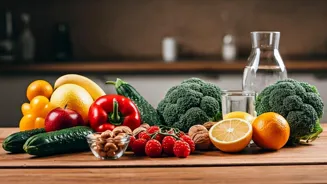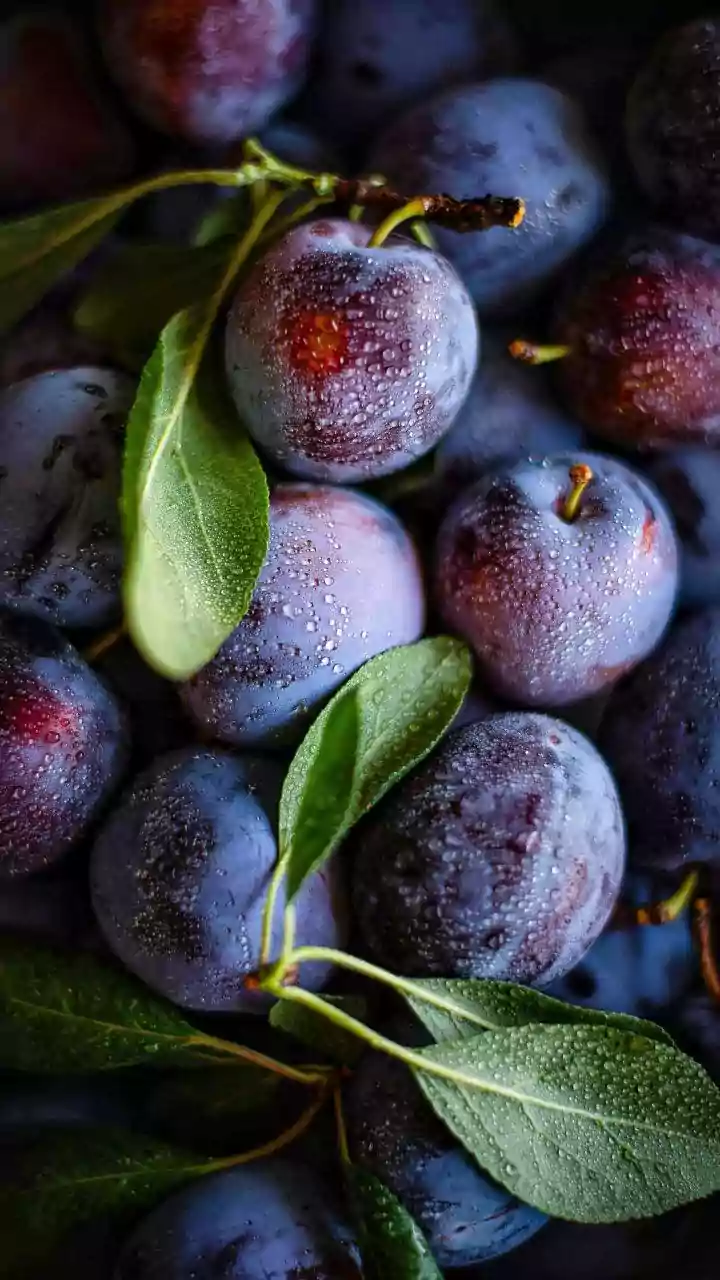The Navratri Fasting
Navratri, a nine-day Hindu festival, involves fasting as a spiritual practice. Fasting during Navratri typically involves abstaining from certain foods.
The objective is to cleanse the body and mind, while also strengthening resolve. This is commonly achieved through consuming specific foods considered pure and healthful. Traditional meals during these days emphasize certain grains, fruits, and dairy items. Fasting during Navratri is seen as a way to connect with the divine while promoting physical and spiritual health. Careful food choices are important for maintaining energy and well-being.
Fruits and Vegetables
Fruits and vegetables form a cornerstone of a nutritious Navratri diet. Fruits provide essential vitamins, minerals, and natural sugars to keep energy levels up. Apples, bananas, oranges, and pomegranates are excellent choices. Vegetables, especially root vegetables, are also vital. Potatoes are a staple, often prepared in various ways. Sweet potatoes, and pumpkins are also common. These foods are usually cooked with simple spices and minimal oil. They contribute to a feeling of fullness and provide fiber, helping to avoid digestive discomfort. Including fruits and vegetables ensures a balanced intake of nutrients during the fast.
Dairy Products Benefits
Dairy products offer essential nutrients in a Navratri fasting diet. Milk, yogurt, and paneer are often consumed. Milk is a source of calcium and protein, supporting bone health and providing energy. Yogurt, particularly plain yogurt, aids digestion and supports gut health. Paneer, or Indian cheese, is a good source of protein, keeping you satisfied. These dairy products are often incorporated into various dishes and can be enjoyed as they are. Avoid flavored yogurts and opt for natural options to keep the diet as simple and pure as possible. Dairy's versatility makes it easy to add to your diet.
Sabudana Goodness
Sabudana, or tapioca pearls, is a traditional Navratri food. It's a source of carbohydrates, which provide energy. Sabudana is frequently made into khichdi, a savory dish cooked with potatoes and spices. It can also be used in vadas or kheer. When eaten in moderation, sabudana offers a filling and satisfying meal. Its light texture is also good for digestion. Always balance your meals and incorporate other food groups to get the best nutritional advantage. This helps in creating a well-rounded and satisfying Navratri diet.
Nuts and Seeds
Nuts and seeds provide essential fats and nutrients during Navratri. They are great sources of energy and fiber. Almonds, cashews, walnuts, and peanuts are all frequently consumed. Seeds such as pumpkin, sunflower, and flax are also helpful. Nuts and seeds can be eaten as snacks between meals or added to various dishes. They add texture and flavor while boosting nutritional value. Nuts are an excellent source of protein, while seeds offer essential fatty acids. Including these foods guarantees that your body gets crucial nutrients, supporting energy levels during fasting.
Fasting-Friendly Flours
Certain flours are accepted during Navratri fasts. These flours offer an alternative to wheat-based products. Kuttu ka atta, or buckwheat flour, is a common choice. It's used to make rotis, pooris, and other dishes. Singhare ka atta, or water chestnut flour, is also often used. It’s suitable for creating a variety of meals. Rajgira ka atta, or amaranth flour, is another option, known for its high protein and nutrient content. These flours allow for variety in the diet while adhering to fasting rules. They're usually mixed with water or other ingredients to produce delicious and satisfying meals.
Spices and Herbs
Certain spices and herbs contribute flavor and health benefits to your Navratri diet. Black pepper and cumin are commonly used for seasoning. They aid digestion and enhance the taste of food. Coriander and ginger are also incorporated for their antioxidant properties and flavors. Fresh herbs like mint and coriander add freshness. These are usually added to dishes for flavor and nutritional value. Choose fresh spices over pre-ground ones when possible. They help you to keep your meals tasty and healthy. Using them can improve your fasting diet.
Hydration Essentials
Maintaining hydration is crucial during Navratri fasting. Drink plenty of water throughout the day. Include other hydrating beverages to keep your body well-hydrated. Coconut water is a natural source of electrolytes and helps replenish fluids. Fresh fruit juices are good choices for flavor and nutrients. They also provide energy. Limit sugary drinks and opt for healthier options to avoid energy dips. Proper hydration is important for maintaining overall health and preventing dehydration. Staying hydrated ensures you feel energized and healthy.
Mindful Eating Habits
Besides selecting appropriate foods, mindful eating enhances your Navratri fasting experience. Eat slowly and savor each bite, allowing your body to register fullness. Avoid overeating to maintain energy levels and prevent discomfort. Choose smaller, frequent meals instead of large ones. This approach sustains energy levels. Pay attention to your hunger cues and stop when you are satisfied. Stay mindful of your food choices and portion sizes throughout your fast. This supports your overall well-being during Navratri.



















